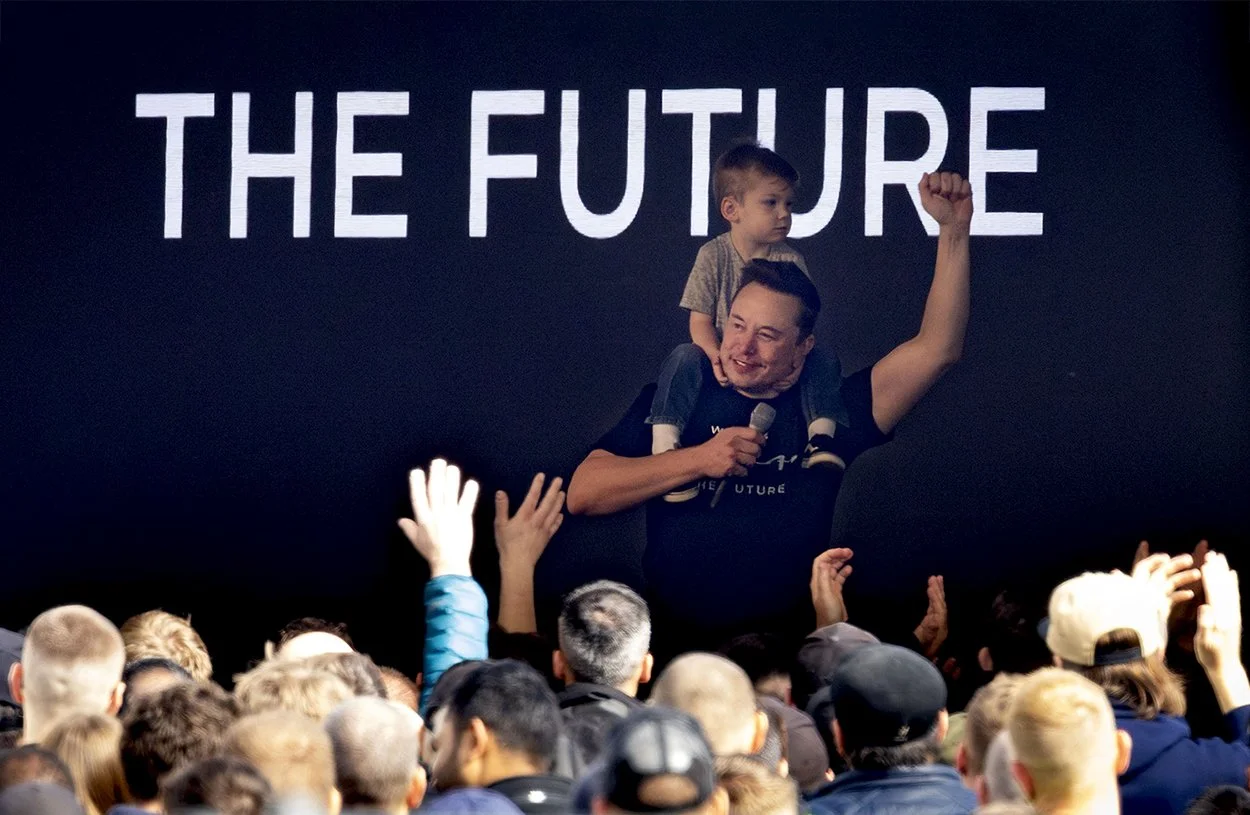The Push for Parenthood: Understanding Pronatalism
The world is getting older, and this is not just the natural passing of time, but the result of human behavior and cultural shifts across the globe. In countries where human life expectancy continues to grow, fertility rates are trending downwards. As demographer Nicholas Eberstadt has recently described, we’re heading into an era of pervasive and indefinite depopulation. Whether this is avoidable, solvable, or plain inevitable, varies across societies and borders.
For the United States, diagnosing the problem as simply young people just not having babies may be correct at the surface level, but what good does this answer provide in solving the challenge within a free society?
As it turns out, young people are opting out from more than just creating families, as their trust in the social contract has soured. They are digital natives, and the algorithms on which they feed rarely offer pro-family messaging. Even more, the meta-narrative of citizenship and its responsibilities is an affront to a large swath of struggling young adults who came of age during a time rife with disillusionment and the constant tension of living in a polarizing society. Add in the housing crisis and great economic uncertainty, and it is easy to see why, for young adults, caring for children would feel daunting. But biology does not wait. The consequences of deferring for too long could crush the dreams that many have of being a parent one day.
Enter the Silicon Valley pronatalists. This sub-culture in its own right seeks to reverse the downward fertility trend, largely through the scientific achievements and technological innovations driven by AI and backed by venture capital. While climate activists believe that creating more people would hasten the end of our green earth, the techno-natalists' story, espoused by Elon Musk, Peter Thiel, and Mark Andreessen, believe that if there is population decline in the US and other developed nations, there will be no hope for humanity. Despite being on polar opposite ends of this matter, both camps believe that demographics are destiny. While going full throttle into existential mode, the techno-natalist’s online influence has forced a conversation about the negative fertility trend in the United States. US fertility rates have dropped below the replenishment level fertility rate of 2.1 children per woman and remains at record lows hovering at 1.65. These techno-natalists, with their unique framework, have earned a seat at the policy-making table, among others such as maternal feminists and religious-natalists. Our hope is that each of these groups can find common ground and move forward with a pro-family agenda.
Social researcher and economist Dr. Catherine Pakaluk, mother of 8.
Each tribe, and there are plenty more, has its own story that describes where we’re at, where we’re going, and what to do about it. At Clapham, we love storytelling and we find ourselves unintentionally ahead of this trend, engaging in the subject of natalism through our policy work. We have been the driving force behind two influential coalitions: Blueprint for Life and Conservatives for CTC that promote family policy through a framework of establishing healthy marriages and strengthening the role of community to help reverse population decline. We hold that society should honor families for the work they’re committed to in raising kids. Whether politics is downstream from culture or religion, or vice versa, these three domains are inseparable. Our fertility crisis is not going to solve itself and needs to be prioritized by the likes of policy makers, online influencers, and religious leaders. We need narratives that portray parenting, especially through marriage, in a positive light.
As a friend of mine likes to remind me, economics comes from the Ancient Greek term oikonomikos, which translates to “the management of a household.” What would society look like today if our economy prioritized the family? What existing policies and proposals should fall under a pro-family framework? To start with, take a look at our attempt at answering this question through the Blueprint for Life policy pillars.
Having children is an act of hope for a family, a declaration that tomorrow will be better than today. We should not be surprised that a culture will end up having far fewer children when we make them a “choice,” largely through contraception and abortion, and then promote a narrative of despair. Despair is the certainty of non-fulfillment, the conviction things will never get better for us, whether financially, socially or in some other way, and so in this view, who would want to bring more humans into a world of ever-growing darkness?
However the deepest tragedy of this culture of despair is that it is self-fulfilling. For as many parents will attest, children are a sign of love, an act of hope, and a step (that often feels like a leap!) of faith. Yet it is precisely because children are this act of hope that their new life brightens those around and brings new hope – and it is that new life, that hope, that our culture and our world so desperately needs.We all have a part to play in creating pro-family conditions in our community and propagating a hope-filled pro-family story for the betterment of our great country and, ultimately, the world.




